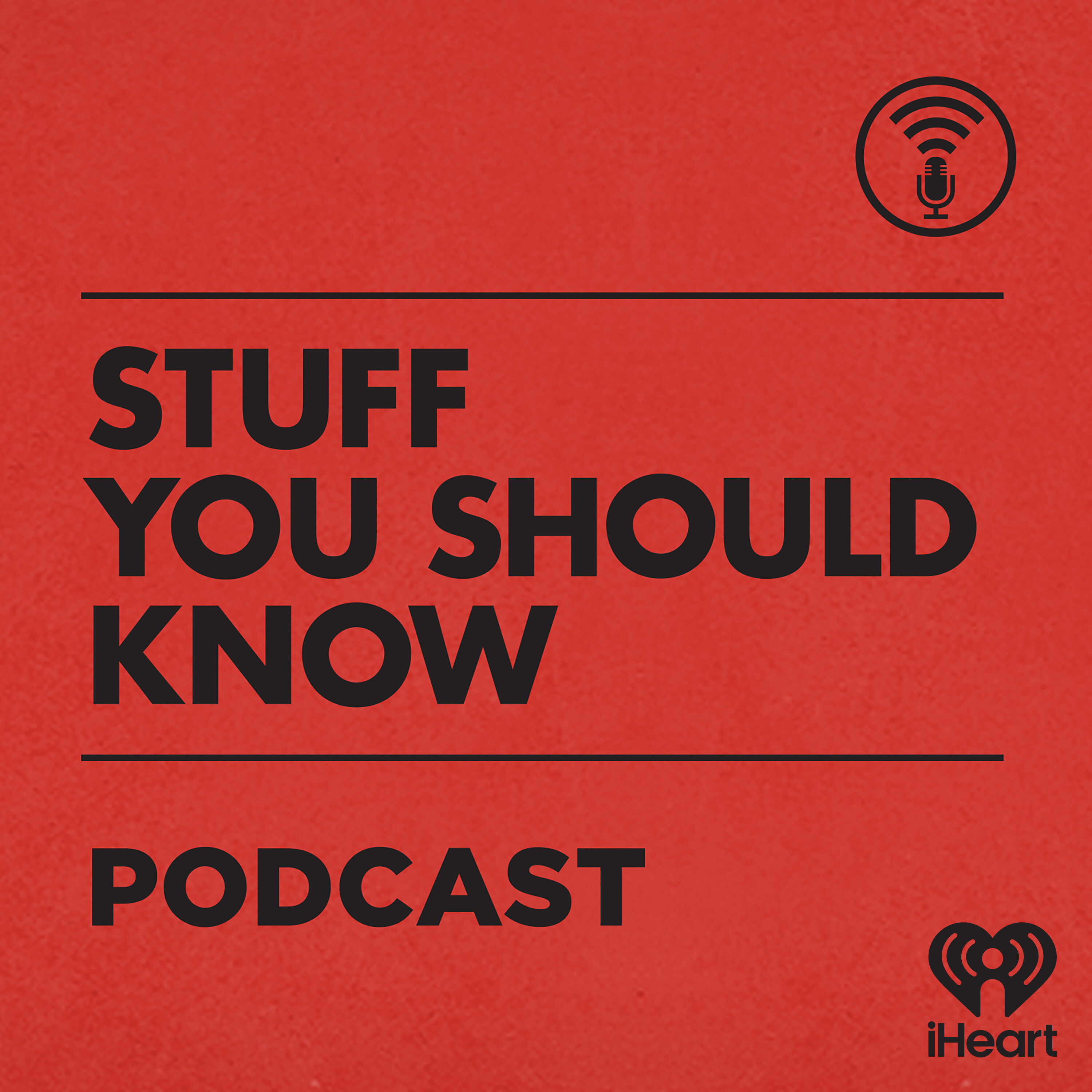Episode

How Light Pollution Works
Description
Artificial light at night, aka light pollution, affects almost everyone on Earth. And not just people – trees, plants, animals, insects, and marine life are affected by our propensity to light up everything we can. Learn what you – YOU! – can do to help.See omnystudio.com/listener for privacy information.
Chapters
The podcast host discusses the exploration of the relationship between the brain and experiences, including the possibility of creating new senses for humans, while also suggesting the idea of exploring dark sky and marine reserves in future podcasts.
00:00 - 03:14 (03:14)
Summary
The podcast host discusses the exploration of the relationship between the brain and experiences, including the possibility of creating new senses for humans, while also suggesting the idea of exploring dark sky and marine reserves in future podcasts.
EpisodeHow Light Pollution Works
PodcastStuff You Should Know
The speaker reflects on the unfortunate absence of clear and beautiful night skies in heavily populated cities, contrasting the smattering of stars seen in city skies with vibrant and awe-inspiring night sky views.
03:14 - 09:48 (06:33)
Summary
The speaker reflects on the unfortunate absence of clear and beautiful night skies in heavily populated cities, contrasting the smattering of stars seen in city skies with vibrant and awe-inspiring night sky views.
EpisodeHow Light Pollution Works
PodcastStuff You Should Know
In the 20th century, people became aware of the issues of light pollution, but it wasn't until the 50s that people truly began to address it by creating dark sky sanctuaries and making an effort to reduce artificial light use.
09:48 - 17:28 (07:39)
Summary
In the 20th century, people became aware of the issues of light pollution, but it wasn't until the 50s that people truly began to address it by creating dark sky sanctuaries and making an effort to reduce artificial light use.
EpisodeHow Light Pollution Works
PodcastStuff You Should Know
A collection of different podcast snippets divided into one-sentence statements, ranging from topics on exploring the mind and reality, parenting, cooking, to promoting a new fiction podcast.
17:28 - 21:36 (04:08)
Summary
A collection of different podcast snippets divided into one-sentence statements, ranging from topics on exploring the mind and reality, parenting, cooking, to promoting a new fiction podcast.
EpisodeHow Light Pollution Works
PodcastStuff You Should Know
Learn the difference between glare and skyglow with regards to light pollution and how it can affect our eyes and night vision.
21:36 - 25:28 (03:51)
Summary
Learn the difference between glare and skyglow with regards to light pollution and how it can affect our eyes and night vision.
EpisodeHow Light Pollution Works
PodcastStuff You Should Know
The blue wavelength LED lights are notorious for their disruptive properties, as they create a sky glow visible hundreds of miles away from cities, which impacts both urban and natural environments in various ways.
25:28 - 29:50 (04:22)
Summary
The blue wavelength LED lights are notorious for their disruptive properties, as they create a sky glow visible hundreds of miles away from cities, which impacts both urban and natural environments in various ways.
EpisodeHow Light Pollution Works
PodcastStuff You Should Know
Satellites' light pollution is not only an annoyance to humans but is also interfering with animal migration patterns and indigenous cultures' rituals that rely on the night sky navigation.
29:50 - 37:26 (07:36)
Summary
Satellites' light pollution is not only an annoyance to humans but is also interfering with animal migration patterns and indigenous cultures' rituals that rely on the night sky navigation. Some scholars even consider it a form of cultural genocide for these communities.
EpisodeHow Light Pollution Works
PodcastStuff You Should Know
Artificial light at night, also known as light pollution, can have adverse effects on various marine species, such as sea turtles, cacti, and palms, disrupting their natural behavior and ecosystem.
37:26 - 41:44 (04:17)
Summary
Artificial light at night, also known as light pollution, can have adverse effects on various marine species, such as sea turtles, cacti, and palms, disrupting their natural behavior and ecosystem.
EpisodeHow Light Pollution Works
PodcastStuff You Should Know
Blue wavelength light at night can potentially trigger chronic conditions such as type two diabetes and breast cancer.
41:44 - 47:55 (06:10)
Summary
Blue wavelength light at night can potentially trigger chronic conditions such as type two diabetes and breast cancer. Poor sleep from exposure to blue light can lead to anxiety, stress, headaches, and migraines.
EpisodeHow Light Pollution Works
PodcastStuff You Should Know
This podcast episode discusses the impact of light pollution and ways to mitigate it, including the use of motion detection lights instead of constant lighting in areas where it may not be necessary.
47:55 - 53:18 (05:23)
Summary
This podcast episode discusses the impact of light pollution and ways to mitigate it, including the use of motion detection lights instead of constant lighting in areas where it may not be necessary.
EpisodeHow Light Pollution Works
PodcastStuff You Should Know
This transcript is an introduction and advertisement for two podcasts.
53:18 - 56:01 (02:43)
Summary
This transcript is an introduction and advertisement for two podcasts. "Stuff You Should Know" is a podcast that explores unusual questions relating to the brain, experiences and much more. "Two Dudes in a Kitchen" is a iHeart Radio podcast hosted by Wells Adams and Tyler Florence discussing the latest and spiciest food trends.